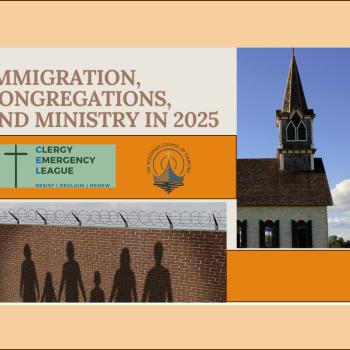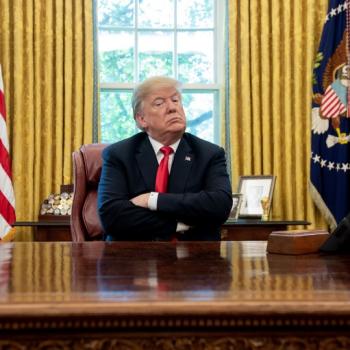"I just keep wishing I could think of a way to show them that they don't own me. If I'm gonna die, I wanna still be me." ~ Peeta Mellark, The Hunger Games
I'm not sure what I was expecting when I chose to sit alone in a darkened theater to watch the new film version of the popular young adult novel The Hunger Games. I'd read the articles about the violence in the book and the plot's not-so-subtle commentary on reality TV. But as I settled into the story, I was quickly drawn in—not just to the characters and the drama but also to the way in which the film (and perhaps the book as well) takes aim at our culture's obsession with violence on screen and off. I began to wonder, "If some adults out there realized what this story is really about, would they let their children go see the movie?"
The story portrays a future dystopian version of the United States, divided into twelve districts and the Capitol. As punishment for a past rebellion against the government, the citizens of the districts are required each year to offer up twenty-four teenage youth as tribute to take part in the nationally televised Hunger Games. Though the ruling powers characterize the games as representing honor and duty, in reality they are a fight to the death until only one of the twenty-four teens remains alive. To the victor go the spoils, as the surviving tribute's district is then showered with food and supplies while the other areas of the country continue to go hungry.
On the surface, the film might simply be seen as a satirical look at our bloated culture of reality TV competitions such as Survivor, American Idol, Big Brother, The Bachelor, and Amazing Race. Certainly, the film does take aim at the phoniness of these programs that profess to show us "reality" even as they create fake drama and craft personas for each contestant through marketing and selective editing. In fact, the author of the book series, Suzanne Collins, has said she conceived of the storyline while flipping channels one night between reality TV programs and coverage of the Iraq war. While the former provided the skeletal structure for the story, it is certainly the latter that makes up the depth and breadth of the narrative. Even as the film depicts violent images of teens killing teens, it is clearly inviting us to hold up a mirror to our own culture of violence that continually asks our young to go to war in the name of honor, duty, and noble sacrifice. And therein lies the subversive nature of The Hunger Games, for the film challenges us to ask what sort of culture is willing to allow the sacrifice of youth for the sins, mistakes, and ambitions of adults.
The main protagonists of the film, Peeta and Katniss, both selected to fight to the death for District 12, pause in one scene to consider what they are being asked to do. Peeta confides that he doesn't want to kill anyone, though he realizes that he will likely have no choice. Yet he longs for a way to hold on to his humanity, his compassion—to not let those who created the violence force him to be a person of violence as well. This, of course, was one of the major challenges facing the early followers of Jesus. They too had to choose between those who advocated armed and violent rebellion against the Romans and Jesus' way of non-violent resistance. As Walter Wink argues in his excellent text Jesus and Nonviolence: A Third Way, Christ called on his followers to step out of the cycle of violence, to refuse to take up the same tactics used by the oppressors, and to seek more creative avenues of resistance that reflect the justice and peace of God.
Even as we often refer to the United States as a Christian nation, it's difficult to think of many examples in our history when we could be accused of choosing this third way of creative non-violent resistance. Most often we seem to choose the way of "an eye for an eye" rather than "turn the other cheek." During a recent presidential debate, one of the current Republican candidates was actually booed when he suggested that perhaps the U.S. should base its foreign policy on the biblical injunction to "do unto others as you would have them do unto you." For all our national lip service to the centrality of Christian morality and values, our actions clearly argue that we believe more in the power of might, retribution, and coercive power than in the Christ-like virtues of compassion, forgiveness, and love.
It is The Hunger Games' condemnation of our own culture of violence that, it seems to me, makes the film more subversive than many might realize. In early scenes, we follow the teens who have been selected for the Hunger Games as they travel to the Capitol and are dressed in fancy uniforms and paraded around to a cheering public—not unlike how we have sent our own soldiers off to war numerous times in our nation's history. But the film also forces us to look at disturbing imagery of children slaughtering children and the aftermath, quite unlike the way we still conveniently eschew televising images of real battle or footage of fallen soldiers or even the return home of our soldiers' bodies in flag-draped caskets.





